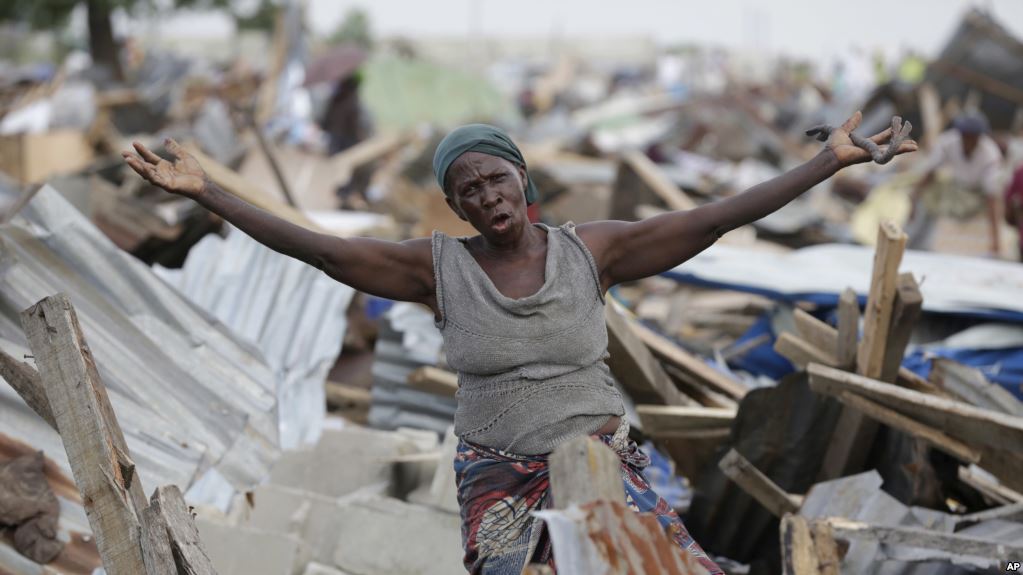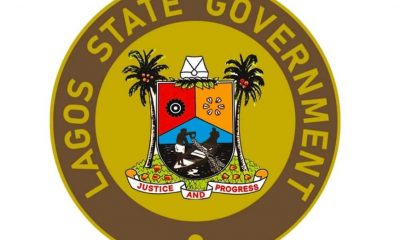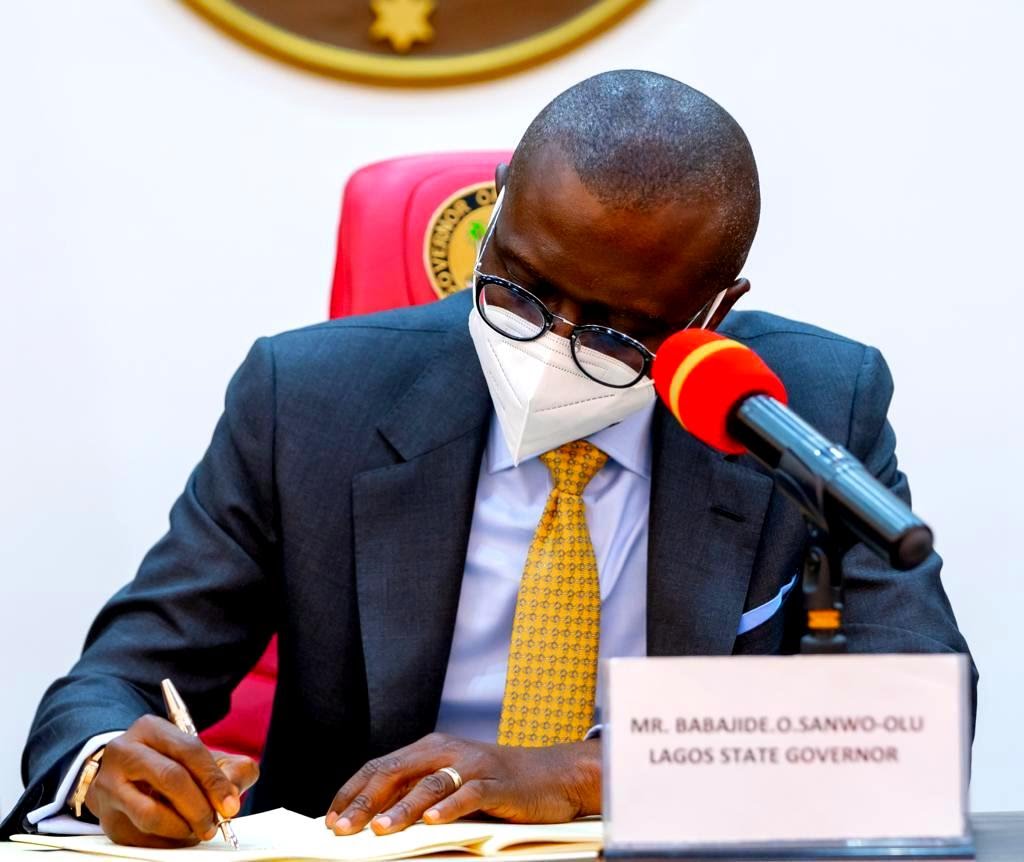Over thirty thousand people have been rendered homeless as the Lagos State Government intensified efforts to evict residents of waterfront communities in otodo-Gbame and Ilubirin.
“These ruthless forced evictions are just the most recent examples of a practice that has been going on in Nigeria for over a decade in complete defiance of international law,” said Osai Ojigho, Amnesty International Nigeria’s Country Director.
Amnesty International spoke to 97 evicted people as part of its research, all of whom told a similar story of being made homeless and losing almost all their possessions.
Between November 2016 and April 2017, Lagos State authorities forcibly and violently evicted more than 30,000 residents from the Otodo-Gbame community on the outskirts of Lagos city.
In the first eviction, at midnight on November 9, 2016 police and unidentified armed men chased out residents with gunfire and teargas, setting homes on fire as bulldozers demolished them.
Panicked residents tried to run to safety amid the chaos, with eyewitnesses reporting that some drowned in the nearby lagoon as they ran from gunfire.
An evictee, Celestine Ahinsu told Amnesty International: “After a couple of days we started seeing the bodies floating. I saw three – a man with a backpack and a pregnant woman with a baby on her back. The community youths brought the bodies from the water. The relatives of the pregnant woman and child came to take their bodies.”
Of the 4,700 residents who remained in Otodo-Gbame after the eviction, some slept in canoes or out in the open, covering themselves with plastic sheets when it rained.
Four months later, in March 2017, state security forces backed up by unidentified men armed with machetes, guns and axes forcibly evicted residents who had remained.
Meanwhile, 823 residents of the nearby Ilubirin community were forcibly evicted between March 19, 2016 and April 22.
ALSO SEE: Man butchers 17-yr-old, sells parts for N8,500
After being given just 12 days written notice of eviction, Lagos State government officials and dozens of police officers chased residents out of their homes, and demolished all the structures in the community using fire and wood cutting tools.
Evictees subsequently returned to the area and rebuilt their structures, but these were demolished six months later with just two days’ oral notice and no consultation.
In November 2016, it denied any responsibility for the forced evictions and blamed them on a communal clash that resulted in fires which razed down the community. In March 2017, the government said its actions that month were taken to protect environmental health.
On October 9, 2016, the Lagos Governor also stated that waterfront demolitions are intended to stem a rise in kidnappings in the state, alleging that irregular structures serve as hideouts for criminals.
In April 2017, the State Ministry of Justice said the government forcibly evicted thousands of Otodo-Gbame residents because it had reason to believe that “militants are hiding amongst the people in the Otodo-Gbame and are perfecting plans to attack the Lekki and Victoria Island environs using the settlement as a base”.

 Health1 week ago
Health1 week ago
 Crime3 days ago
Crime3 days ago
 Crime5 days ago
Crime5 days ago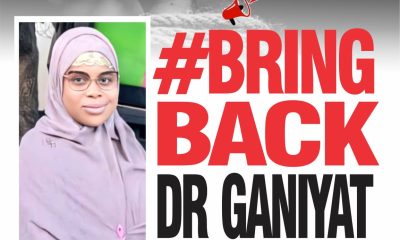
 Crime4 days ago
Crime4 days ago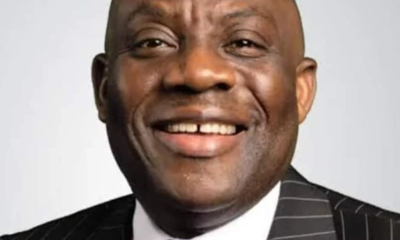
 Comments and Issues1 week ago
Comments and Issues1 week ago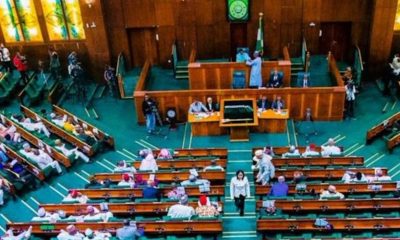
 News4 days ago
News4 days ago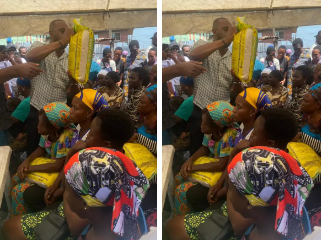
 News1 week ago
News1 week ago
 Crime6 days ago
Crime6 days ago
